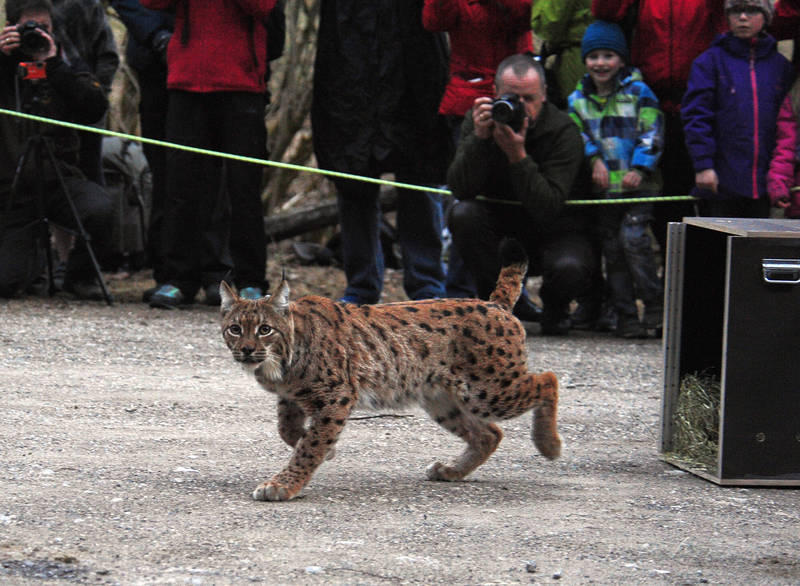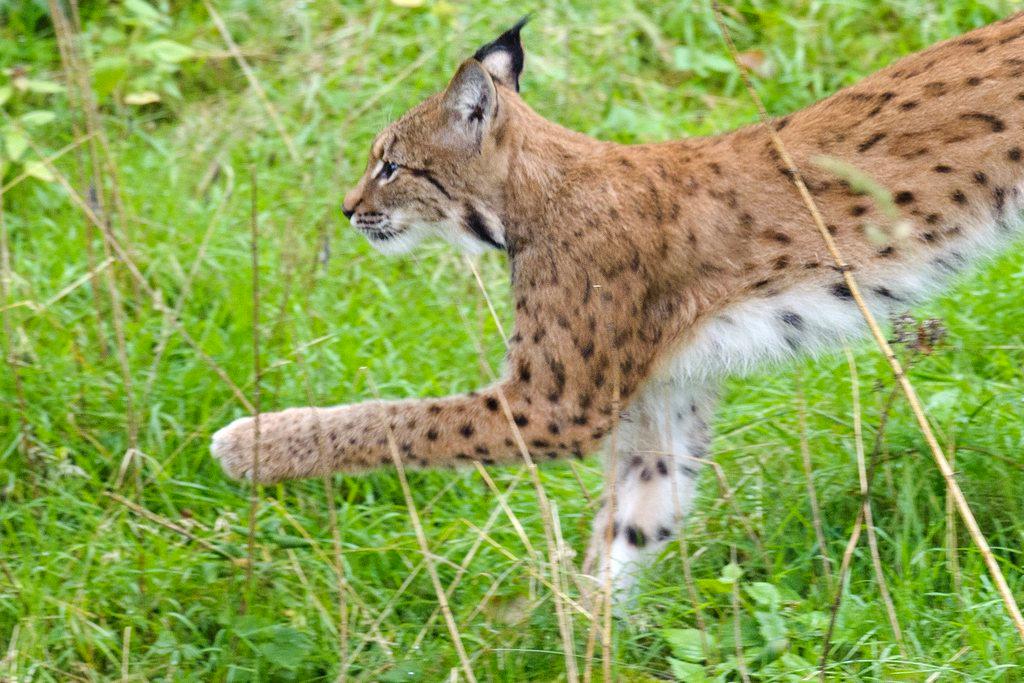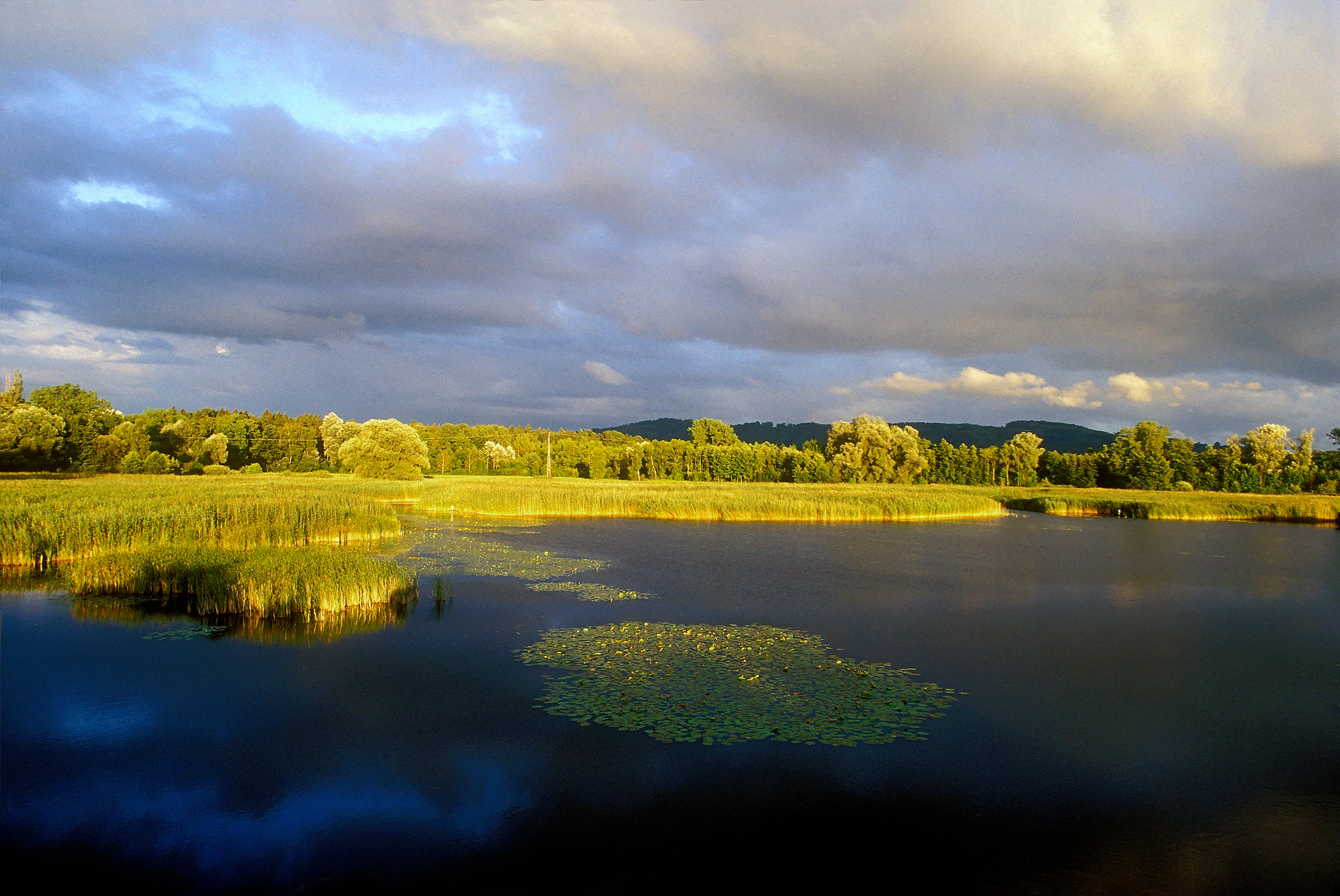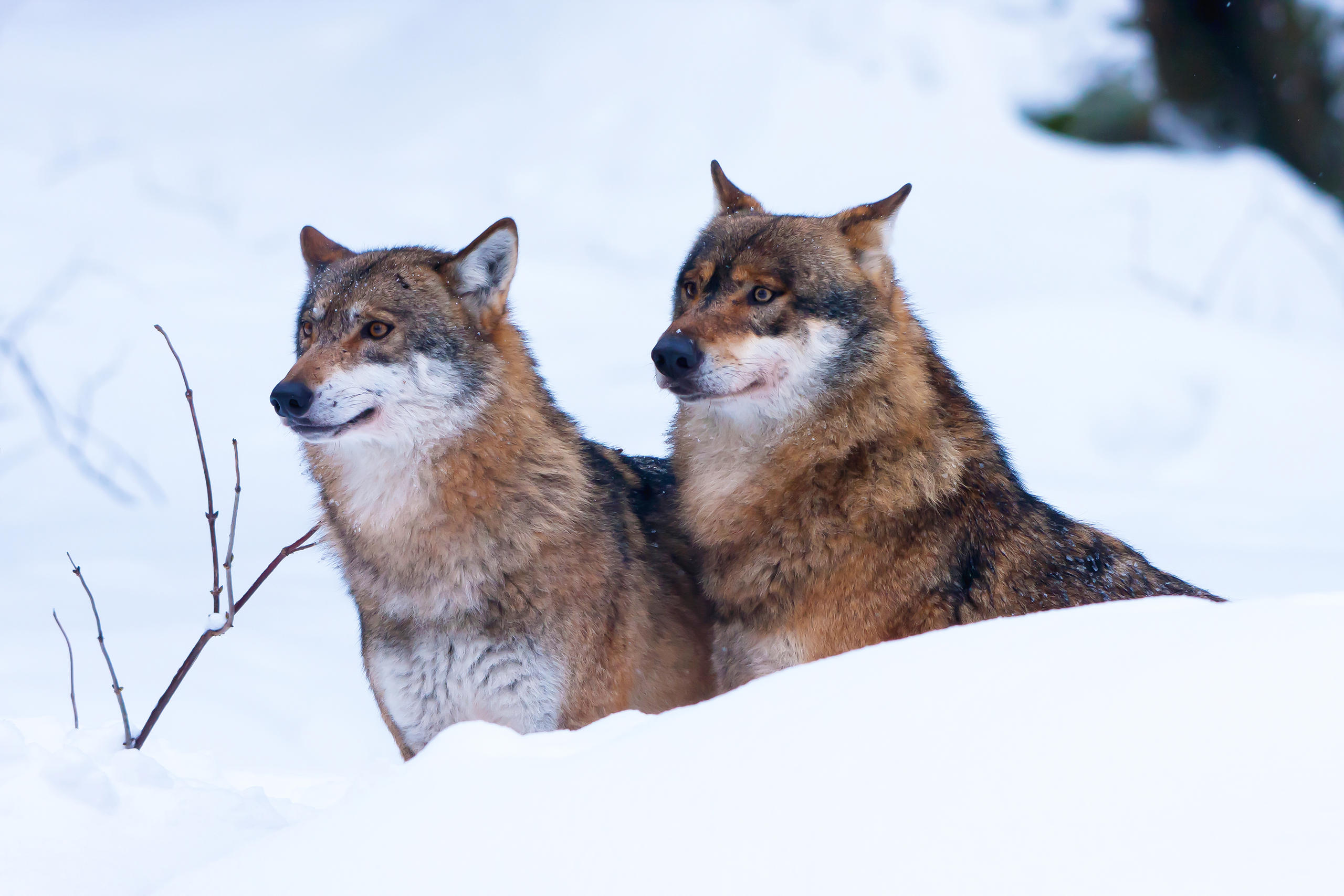Lynx killed to prevent spread of virus

Two Swiss lynx captured for a resettlement project have been euthanized because they were infected with the feline immunodeficiency virus (FIV).
They are the first large wild felines in Europe found to have FIV, a virus that causes an illness that attacks the immune system of domestic cats. It spreads through bites and saliva but poses no threat to humans.
The two Eurasian lynx were slated for resettlement as part of a program to strengthen the European population of the sturdy cats, which are protected under the Bern Convention – a European treaty that conserves wildlife.
During health checks prior to the journey, veterinary staff discovered that the animals – a female and a male from the Jura – had FIV. They were euthanized to prevent the spread of the virus both at home and abroad.
A third lynx, captured in the same area a year ago, was also infected with the virus. He, too, had to be put down. Wildlife specialists fear that additional Swiss lynx may have FIV, too.
“We don’t know where the virus came from. Domestic cats are a possible source of infection,” Marie-Pierre Ryser, head of the wildlife group at the University of Bern’s Center for Fish and Wildlife HealthExternal link, told swissinfo.ch. According to Ryser, although it rarely happens, there have been two cases of domestic cats killed by a young lynx in the northern part of the Jura.
“But at the moment we don’t know how the lynx became infected. We’re now doing everything we can to answer that question,” Ryser said.
Swiss wildlife authorities are in the process of capturing 12 lynx from north-eastern Switzerland and the western Jura region. About 200 lynx live in Switzerland.
According to the Swiss Carnivore Ecology and Wildlife ManagementExternal link center, three healthy Swiss lynx have already moved abroad – most recently, a male and a female that were released in Austria’s Kalkalpen National Park on March 17.
The other lynx, as well as the next nine, will go to Germany’s Palatinate Forest.

In compliance with the JTI standards
More: SWI swissinfo.ch certified by the Journalism Trust Initiative





You can find an overview of ongoing debates with our journalists here. Please join us!
If you want to start a conversation about a topic raised in this article or want to report factual errors, email us at english@swissinfo.ch.